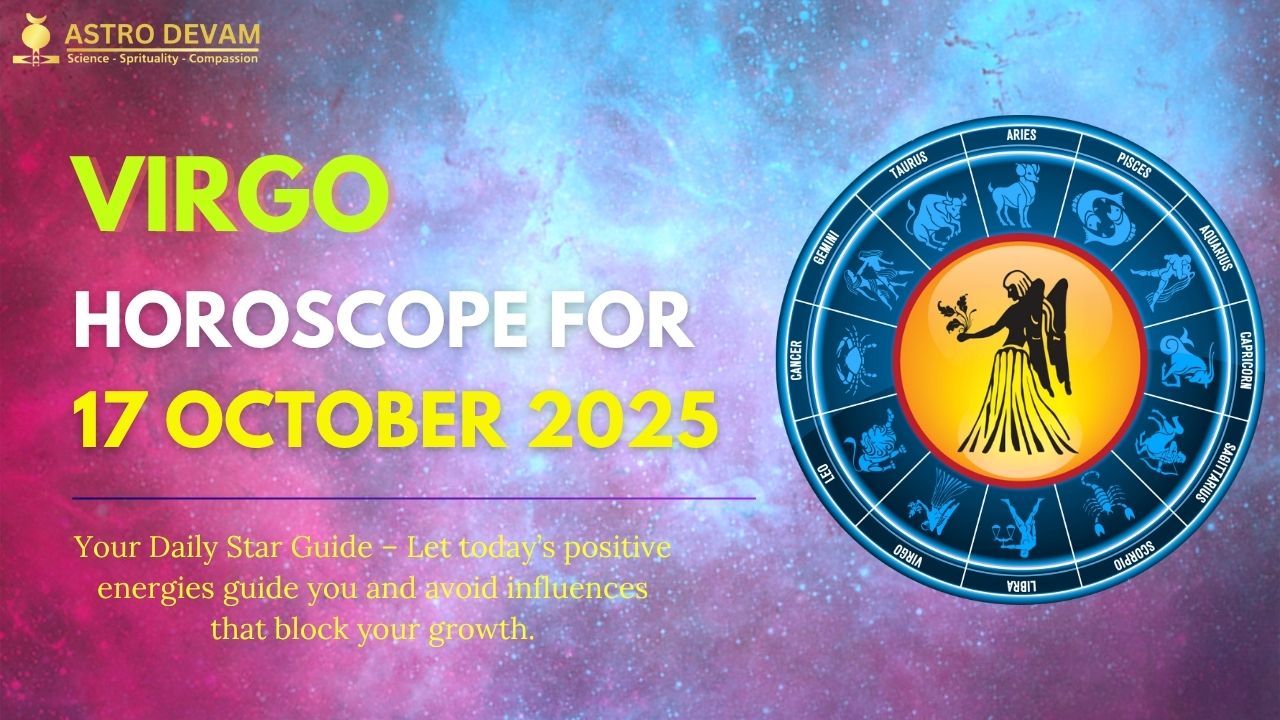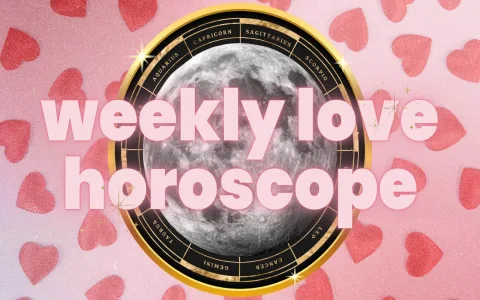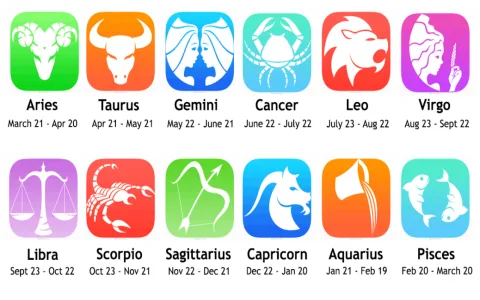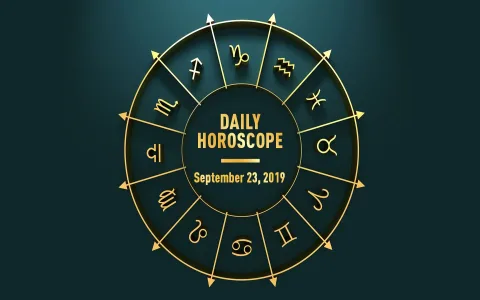Why I Started Digging Up Seven-Year-Old Daily Predictions
You might be scratching your head, wondering why anyone would spend time tracking down the full year of a specific, free daily horoscope from all the way back in 2017. Trust me, it wasn’t just for fun. This whole project kicked off because of my buddy, Mike. Mike is a hardcore Virgo, and he’s been going through a rough patch lately—the kind of rough patch where you start questioning every life decision you ever made.
He was talking about 2017, saying it was the last year he felt like he had everything figured out, before things got complicated. He kept insisting that the daily horoscope he followed that year—a specific, free syndicated one—was eerily spot on, almost like a future forecast that guided him perfectly. He wanted to go back and read those exact daily messages, just to remember the mindset he had when things were clicking.
I told him, “No problem, man. I’ll pull those up in five minutes.” That five-minute search turned into three weeks of serious digital archaeology. I figured finding a generic daily reading from a common source would be easy. Boy, was I wrong.

The Initial Search and the Reality Check
I started with the most obvious method: I hammered the phrase “free virgo daily horoscope 2017” into every major search engine. The initial results were pure garbage. Every link was either leading to modern sites trying to sell 2024 predictions, or vague summaries titled “What 2017 Held for Virgo.” The actual, day-by-day readings? Gone. Vanished.
I tried adding specific dates, like “Virgo July 4 2017,” hoping some ancient blogger had quoted it. Nothing. I quickly realized that the big astrology sites, the ones still running strong, don’t keep that kind of archival content accessible. It either gets shoved behind a deep paywall, or they just purge it entirely to clean up their databases. Seven years is a lifetime for routine, free internet content; most of it gets recycled or removed.
I spent the first few days clicking on really shady, third-tier aggregator sites that looked like they hadn’t been updated since dial-up days. They promised the data, but mostly just handed me malware warnings. I realized that if I wanted the full 365 days, I couldn’t rely on the modern, clean web. I had to go hunting in the dusty corners.
My Full-On Detective Work and Practical Steps
My method shifted from quick searching to a systematic reconstruction project. It was messy, requiring patience and a lot of digging through archived public spaces.
- Identifying the Source: First, I had to figure out which specific provider Mike had been using. He remembered the site layout vaguely. I used old screen captures from 2016 search results (found via image search) to pin down the actual source, let’s call them “AstroSage.”
- The Wayback Machine Grind: I spent hours inputting the specific daily reading URL for AstroSage into the Internet Archive’s Wayback Machine. This was the real test of endurance. I found that most of the daily links were captured, but not all. The biggest issue was that sometimes the template page was archived, but the specific text for that day was loaded dynamically and was missing. However, I managed to snag about 200 days worth of readings this way, mostly in chunks.
- Sourcing from Forums and Niche Platforms: The missing 165 days were the nightmare. I shifted gears and searched old astrology discussion forums. People back then frequently copied and pasted the daily text to debate its meaning. I had to use highly specific search strings—mixing “Virgo 2017” with phrases like “did anyone else get this” or “my reading today.” This was a slow, painful process of scraping text blocks from hundreds of comment threads. It worked, filling in big gaps, particularly the winter months.
- The Blogger Break: My big win came when I remembered the culture of reblogging. I found a defunct personal Tumblr blog whose owner had been obsessed with daily predictions. They hadn’t quoted the whole thing, but they had copied and pasted the key phrase or the “lucky number” for every single day. By cross-referencing these key phrases with the partial texts I had, I could confirm the sequence of the full-text batches I’d gathered.
The Final Assembly and Realization
After nearly three weeks of this mess, I had what looked like a complete jigsaw puzzle. I took all the raw text I had scraped and copied—from archived sites, forum posts, and old blogs—and dumped it into a spreadsheet. Then, I spent a solid day just manually organizing it, putting dates next to the prediction blocks, and checking for duplicates or missing days. I actually managed to reconstruct all 365 days of the specific 2017 daily horoscope.
I sent Mike the file, formatted cleanly in a PDF. He was seriously happy, said it was exactly what he needed. For me, though, the realization was stark: If content isn’t constantly monetized or actively backed up by a huge company, it just vanishes. The internet isn’t a permanent archive; it’s a constantly decaying library. Finding something specific and non-essential from even just seven years ago requires knowing exactly which broken-down back alley to check. It felt like winning a scavenger hunt where the prize was just a bunch of dusty old words, but the satisfaction of the chase was real.







